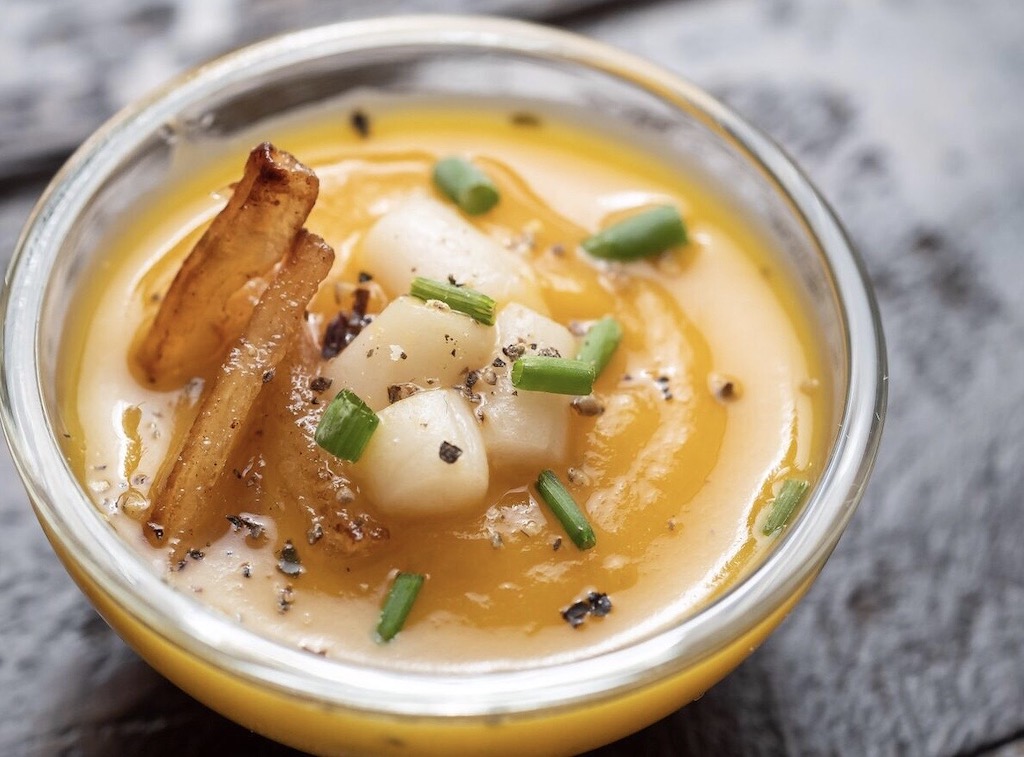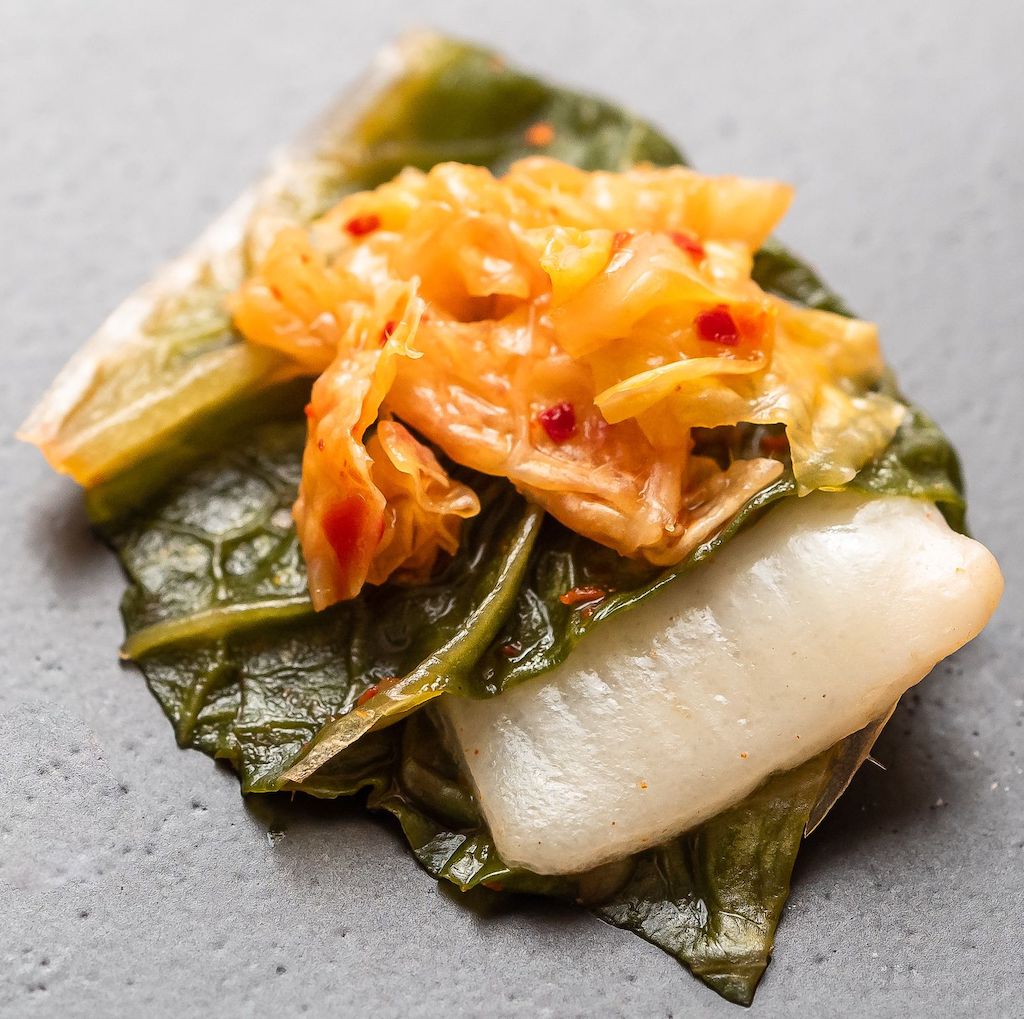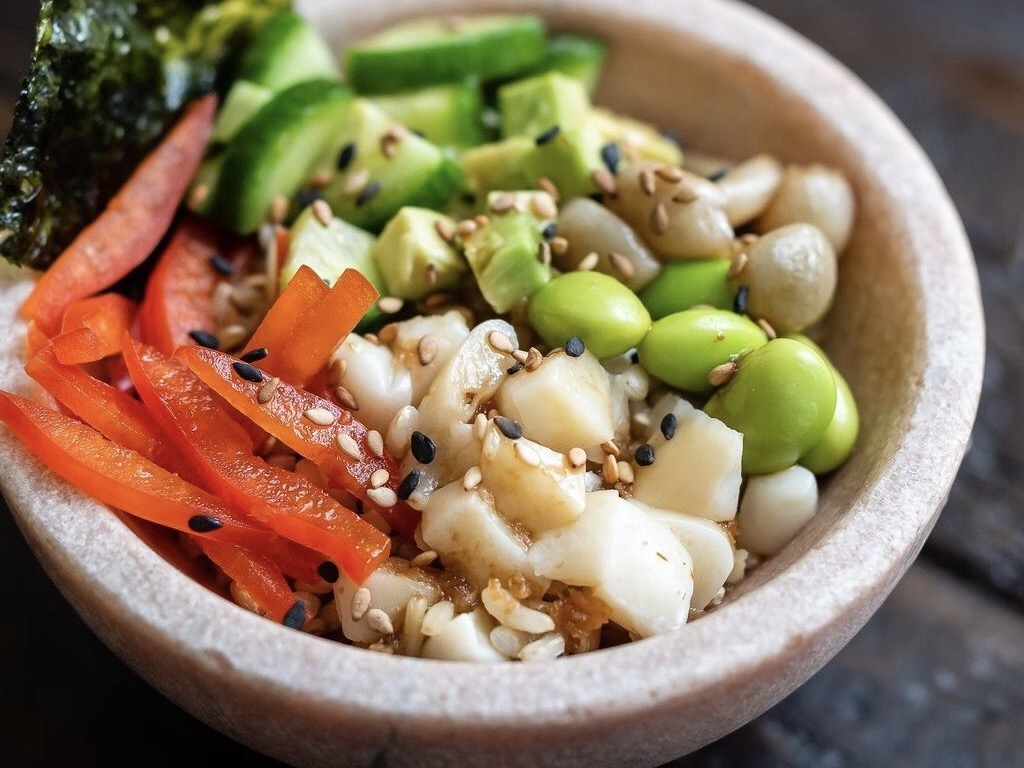BlueNalu, the US-based food tech growing seafood directly from fish cells, is now gearing up for the European market through a new partnership with the frozen foods giant that owns Birds Eye, Nomad Foods. The firms will be collaborating to conduct market research, examine regulatory hurdles and potential product development, with the view to commercialise cell-based seafood in Europe for the first time.
Blue Nalu has forged a new partnership with Nomad Foods, one of Europe’s largest frozen foods companies and owner of brands like Birds Eye, Iglo, and Aunt Bessie’s. Working together to undertake market research and potential business and product opportunities, the Californian cell-based seafood food tech says the collaboration will accelerate its go-to-market strategy for Europe.
Bringing cell-cultured seafood to Europe

BlueNalu says that Europe is one of its largest target markets, given the region’s standing as the world’s largest importer of seafood. While Asia is set to account for the majority of the demand rise in the years to come, EU citizens currently consume 3-times the amount of seafood the region is able to produce.
Together with Nomad Foods, BlueNalu says that it hopes to help meet Europe’s rising demand for sustainable seafood solutions, especially amid growing consumer concerns about the devastating consequences of commercial fishing, from plundering ocean fish stocks to its role in plastic pollution and human rights abuses.
The collaboration will involve both conducting research to identify regional consumer trends, as well as examining the broader regulatory framework to commercialise cell-cultured seafood in Europe. So far, the only country to have approved the commercial sale of cell-based products is Singapore, where Eat Just is allowed to sell its cultured chicken bites.
“We are excited by the opportunity to collaborate with Nomad Foods,” commented Lou Cooperhouse, president and CEO of BlueNalu. “With this announcement, BlueNalu is well-positioned to bring our leading-edge innovation into Europe in the coming years, which complements our existing collaborations in Asia and North America.”

Big food is now looking ahead
The move by Nomad Foods is part of a growing trend among CPG and established food giants to pivot their strategies towards novel alternative protein technologies. Aside from working with Nomad, BlueNalu has already secured partnerships with leading Asian food majors including Thai Union and Mitsubishi Corporation for its Asia launch plans.
Within the US, the Agronomics and KBW Ventures-backed cell-based seafood maker is collaborating with Griffith Foods and Rich Products Corporation.
Nestlé has become the latest industry giant to hop on the trend, recently announcing that it is working with Israeli cell-based startup Future Meat Technologies to explore how cultivated products can be integrated into its portfolio.
CEO of Nomad Foods, Stéfan Descheemaeker, shared that the decision to work with BlueNalu was prompted by the “transformational moment” the food industry is currently experiencing.
“Consumer demand for nutritious, high-quality food is growing, the importance of sustainability has never been more apparent, and the role of technology in delivering these needs is accelerating,” Descheemaeker added. “[BlueNalu’s] technology in cell-cultured seafood will enable us to continue to introduce innovative and great tasting seafood products that are good for people, good for the planet and accessible to all.”
All images courtesy of BlueNalu.



